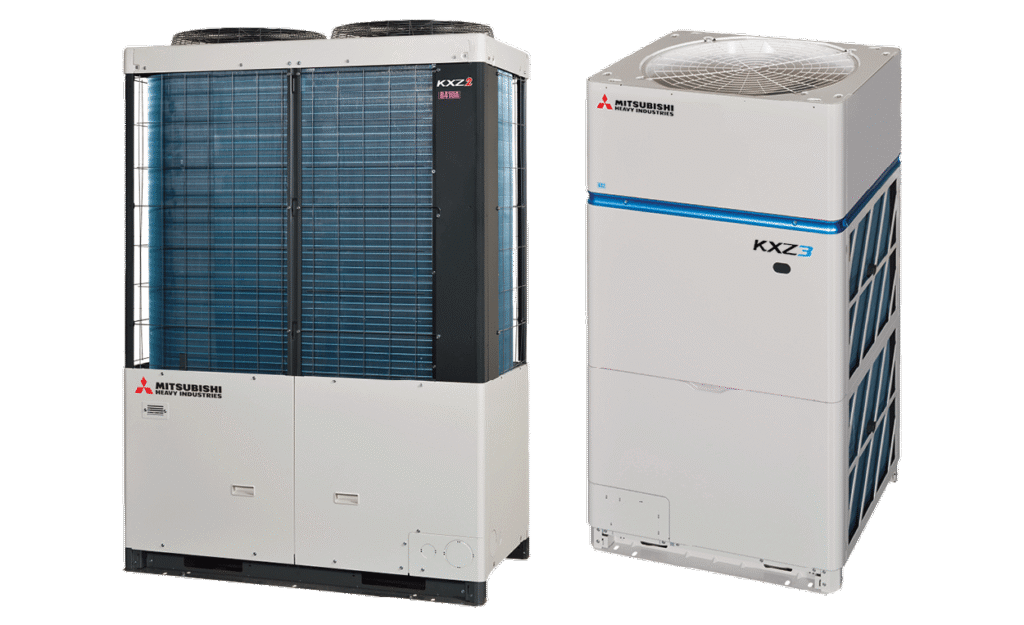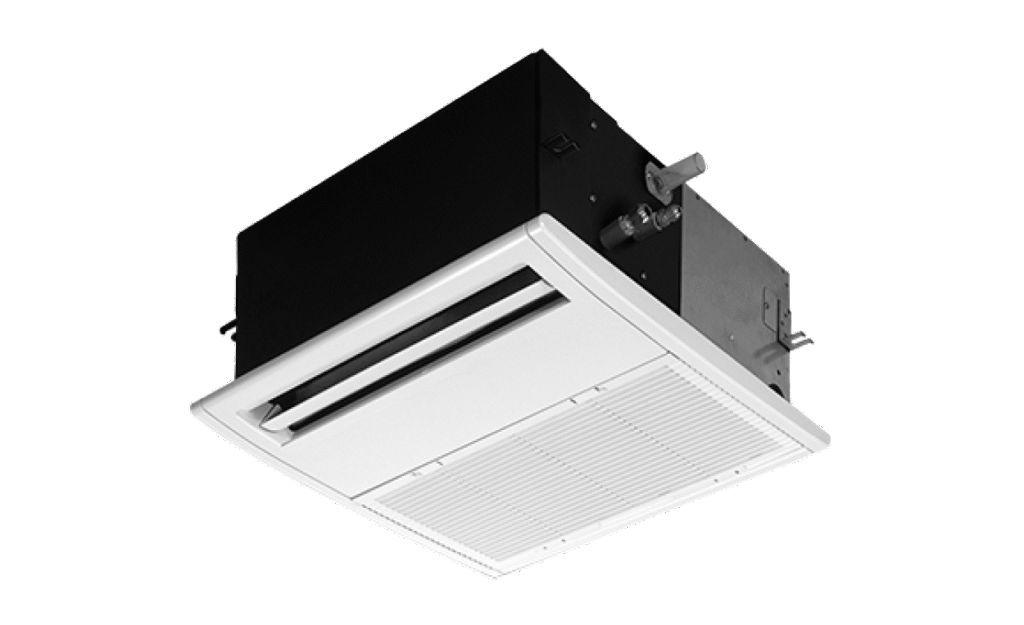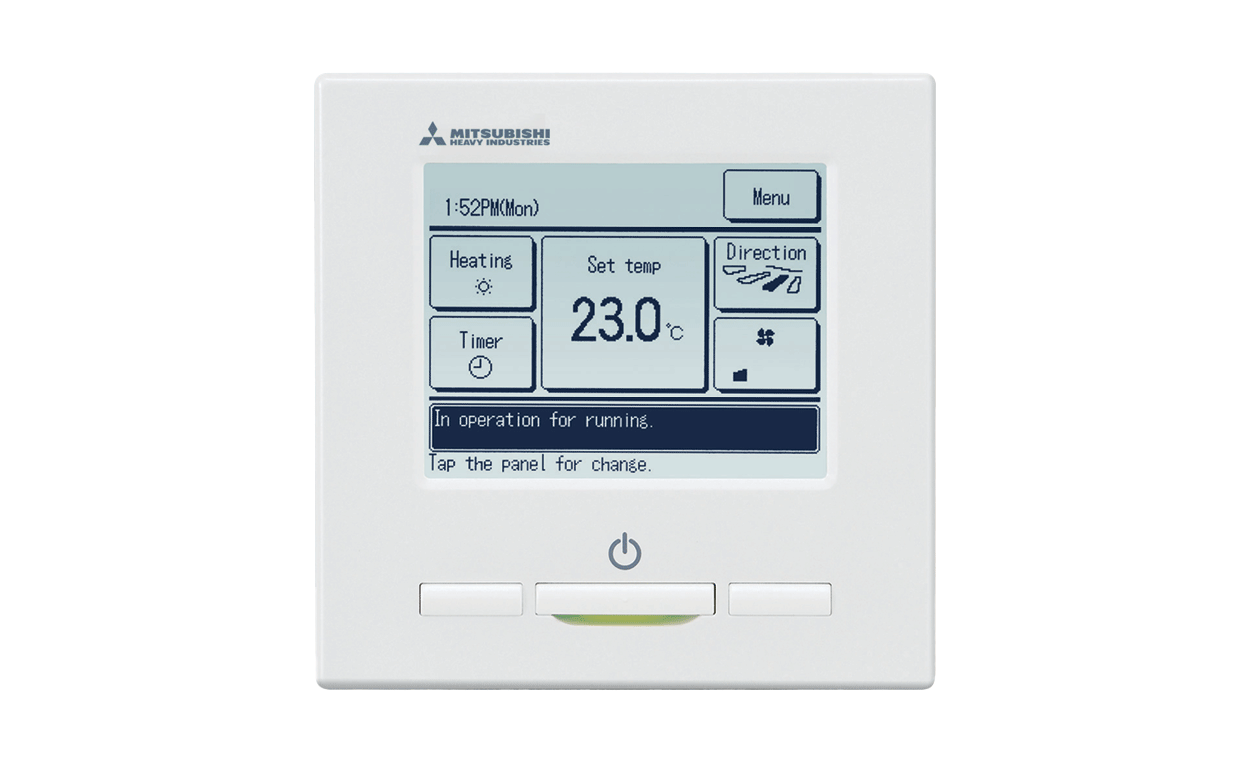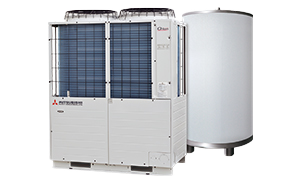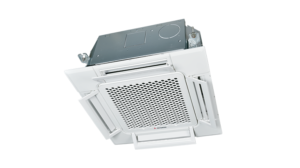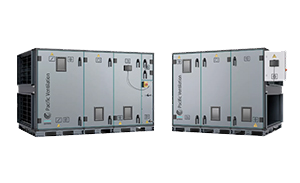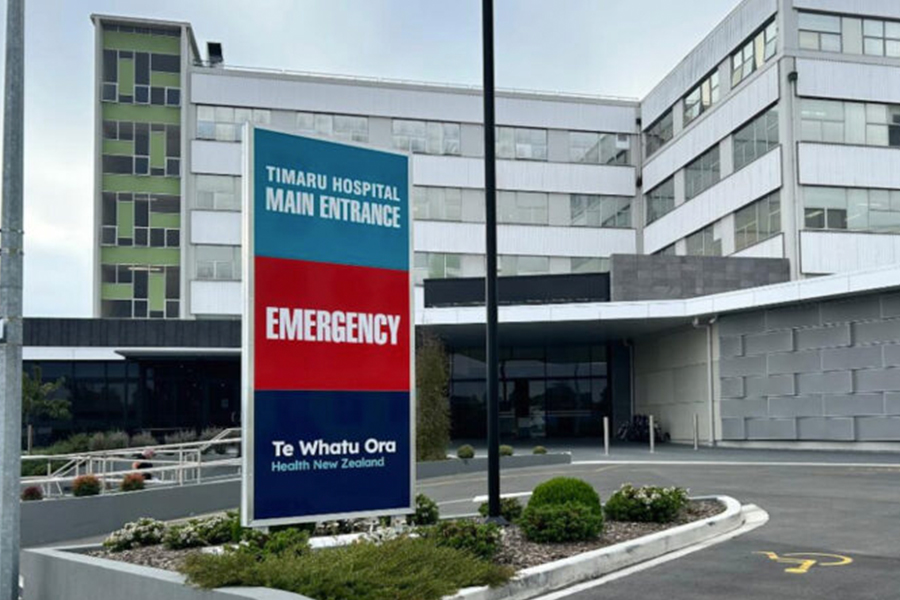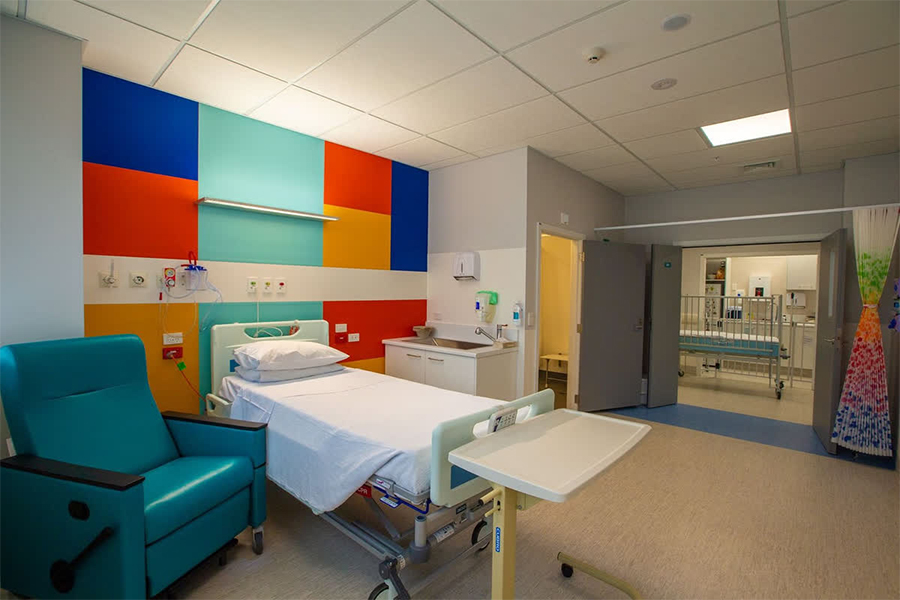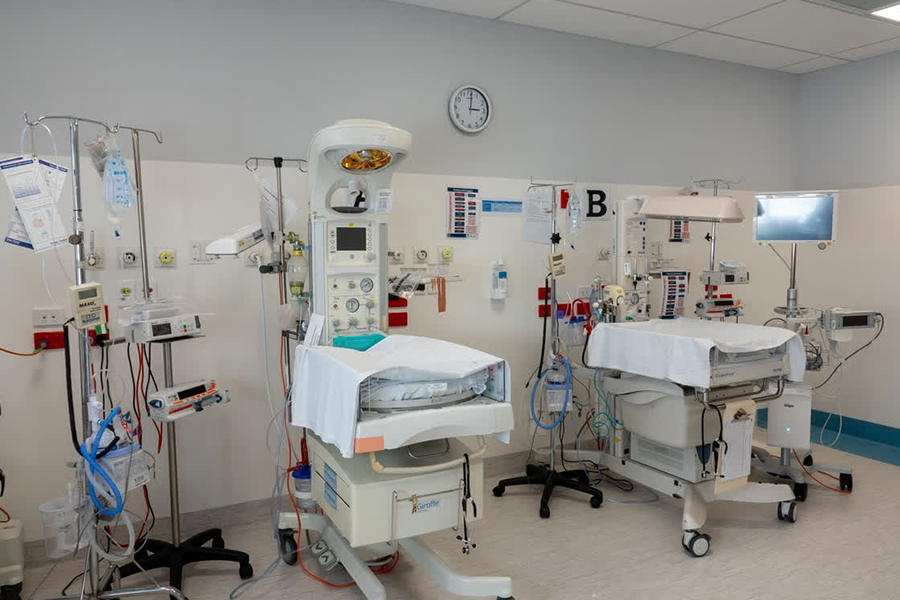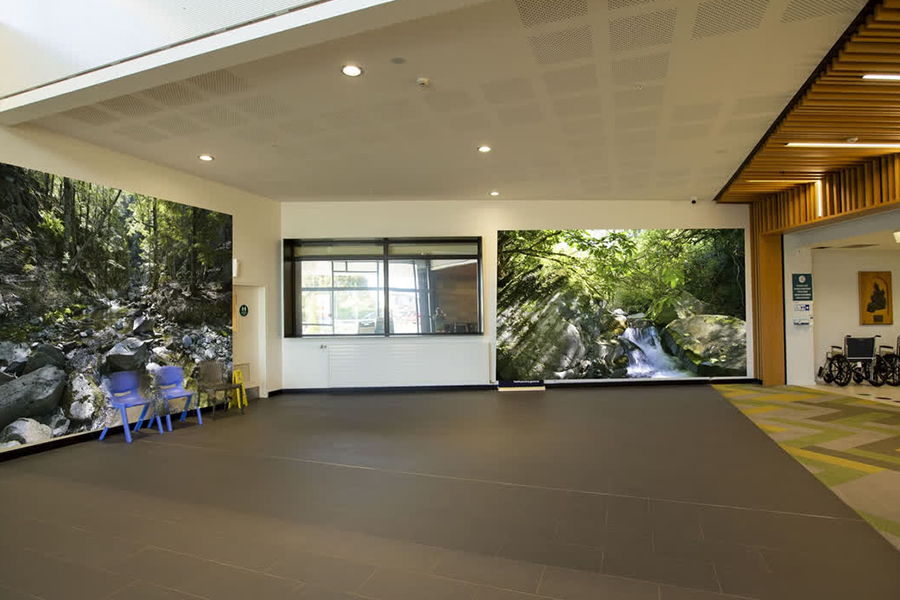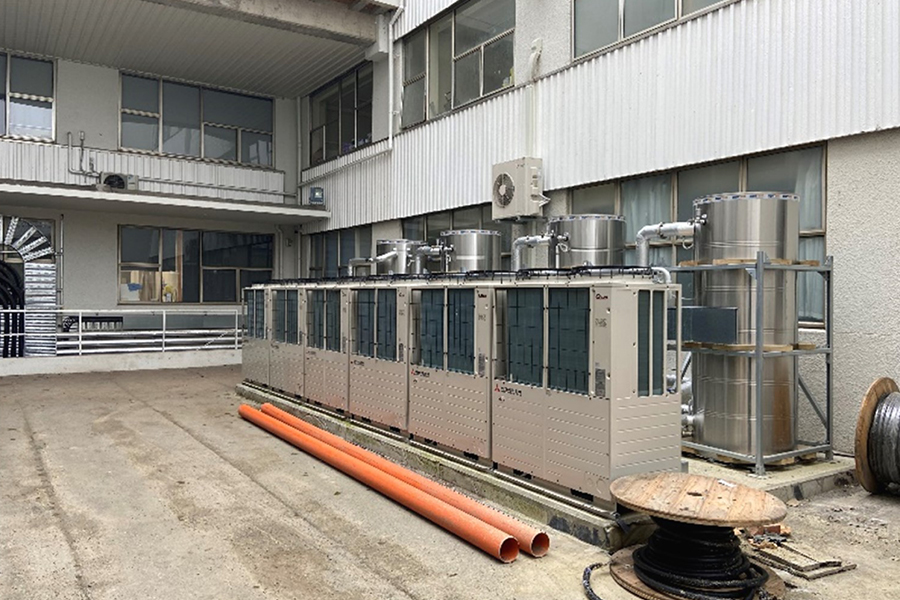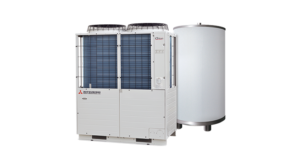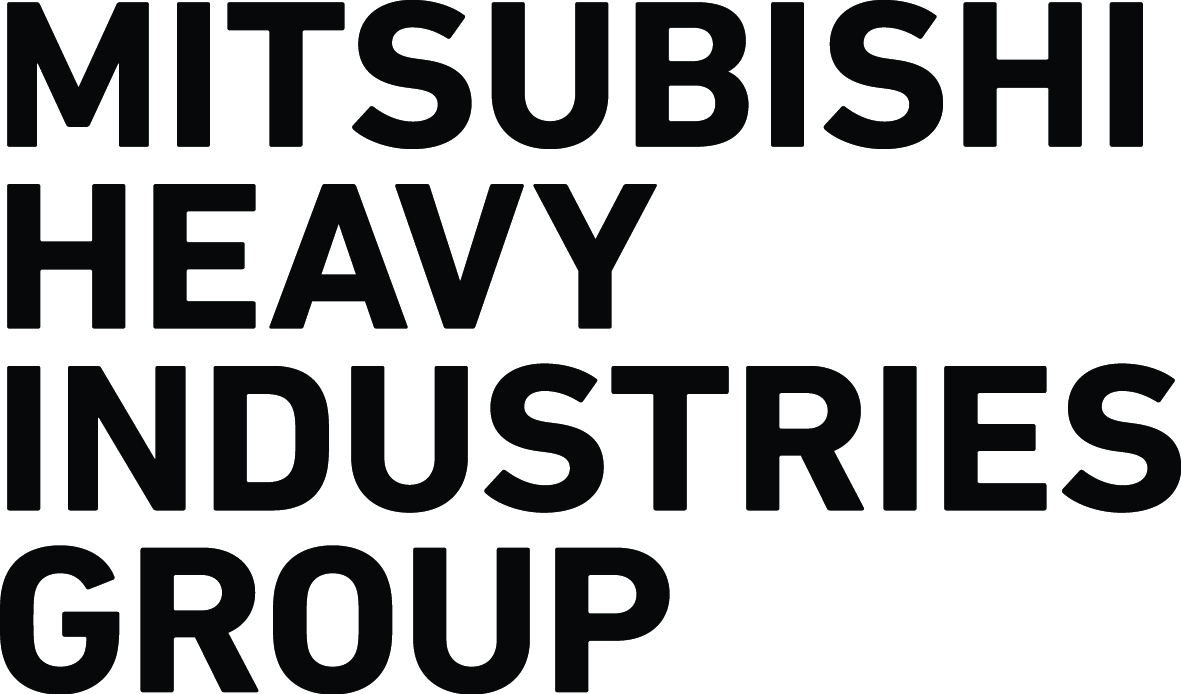Timaru Hospital, NZ
PROJECT DESCRIPTION
Timaru Hospital, located in the South Canterbury region of New Zealand, is a critical healthcare facility serving a population of approximately 59,000 people. The hospital operates with 131 beds, providing a wide range of services including acute medical, surgical, maternity, and mental health care. As the primary healthcare provider for the region, Timaru Hospital plays a vital role in ensuring the health and well-being of the local community.
PROJECT REQUIREMENTS & CHALLENGES
As part of the hospital’s leadership initiative to de carbonize its operations, a reliable hot water solution was required to replace the aging and inefficient coal-fired steam boiler. The replacement needed to be not only more energy-efficient but also sustainable, providing a reliable heating solution for the facility, even in the cold temperatures the region regularly experiences. This initiative was driven by a commitment to reducing the hospital’s environmental impact while ensuring that critical areas, such as operating theatres, receive consistent and efficient heating. Given the hospital’s essential services and the need to maintain high standards of patient care, any infrastructure upgrades had to be carefully managed to avoid disruptions.
MHI’S SOLUTION
While the initial feasibility study identified biomass hot-water boilers as a potential solution, MHI’s Q-ton air-to-water heat pump proved to be the superior solution and was ultimately selected for the project, completed in August 2023. The Q-ton system, renowned for its high efficiency and environmental benefits, uses CO2 as a refrigerant which is a natural and eco-friendly alternative to traditional refrigerants. This allows it to efficiently deliver reliable hot water between 60oC to 90oC at ambient temperatures as low as -25oC.
An additional feature of the Q-ton system is its inbuilt legionnaire sanitary cycle, which is crucial for ensuring the health and safety of the Hospital’s patients and staff. This cycle heats water to a temperature that effectively eliminates legionnaire bacteria, a pathogen that can cause severe respiratory illnesses, especially in vulnerable populations such as patients with compromised immune systems. Regular completion of this cycle not only ensures compliance with stringent health regulations but also provides peace of mind to the hospital’s management and healthcare professionals, knowing that they are protecting patients from potential water-borne health risks.

Ultimately, six Q-ton systems and four 1,000L tanks were installed into the premise which will service all 130 rooms. These systems were integrated seamlessly with biomass and other heat pumps to deliver a reliable and cost-effective solution to the District Health Board (DHB).
By working closing with the DETA Optimization Team and contractors Airtech, the complete transition from the existing coal boilers to the new, improved services was completed within just four days, ensuring absolute minimal disruptions to the hospital’s busy theatre schedules.


